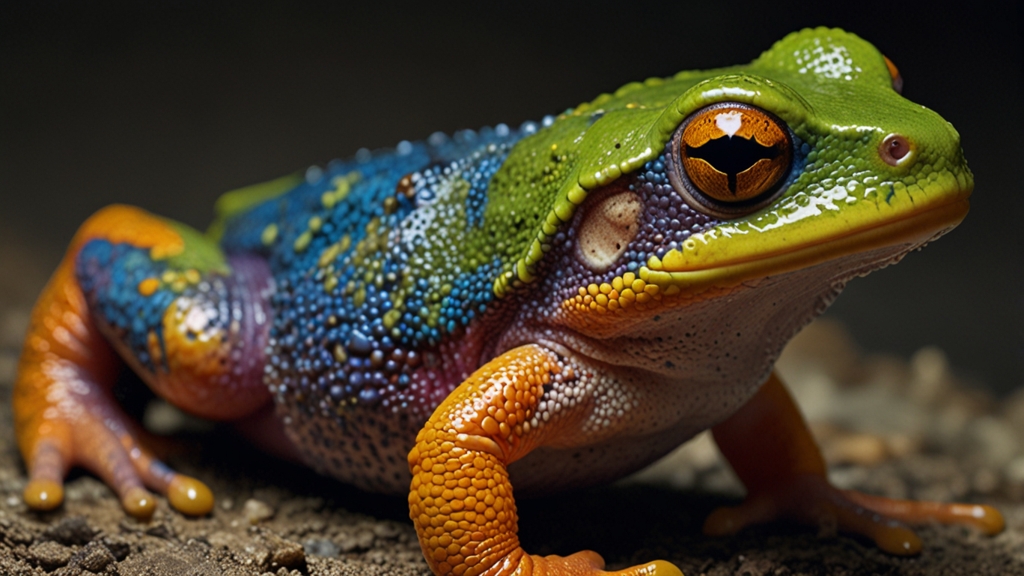The Science of Happiness: What Really Makes Us Joyful?
Happiness is a universal pursuit, yet it often seems elusive. What truly makes us happy? Is it wealth, success, relationships, or something else entirely? Understanding the science of happiness requires diving deep into various fields including psychology, neuroscience, and sociology. This article will explore key factors that contribute to our happiness and examine what really makes us joyful.
The Role of Genetics
Research in the field of positive psychology has identified that genetics play a significant role in our baseline level of happiness. According to studies conducted on twins, approximately 40-50% of our happiness is determined by genetic factors. This doesn't mean we are predestined to be happy or unhappy, but it does suggest that some aspects of our emotional wellbeing are hardwired into us.
The Impact of Life Circumstances
While genetics lay the groundwork, life circumstances such as income, marital status, and health also contribute to our happiness. Surprisingly, these factors account for only about 10% of our overall happiness. This is largely due to the phenomenon of "hedonic adaptation," where we quickly return to a baseline level of happiness after changes in our lives.
"Even major life events, such as winning the lottery or suffering a serious injury, tend to have less long-lasting impact on our happiness levels than we might expect," notes Dr. Sonja Lyubomirsky, a prominent psychologist and researcher in the field of happiness studies.
The Power of Positive Activities
The remaining 40-50% of our happiness is influenced by intentional activities—things we can control and change. These activities often revolve around nurturing relationships, setting and pursuing goals, and practicing mindfulness and gratitude. Engaging in hobbies, physical exercise, and volunteer work are all examples of actions that can boost our happiness.
The Influence of Social Connections
One of the most powerful determinants of happiness is our social connections. Humans are inherently social beings, and thriving relationships are a crucial component of a joyful life. Studies consistently show that strong social ties improve our mental health and increase our longevity.
"The clearest message that we get from this 75-year study is this: Good relationships keep us happier and healthier. Period," says Robert Waldinger, director of the Harvard Study of Adult Development.
Mindfulness and Gratitude
Another important aspect of happiness is mindfulness—the practice of staying present and fully engaging with the current moment. Mindfulness can be cultivated through meditation, breathing exercises, and other focused activities. Research indicates that practicing mindfulness can reduce stress and increase overall satisfaction with life.
Equally significant is the practice of gratitude. Regularly reflecting on things we are thankful for can dramatically improve our emotional state. Keeping a gratitude journal, for example, has been shown to increase long-term happiness and wellbeing.
Conclusion
The science of happiness reveals that while genetics and life circumstances play a role, our daily activities and social connections have a substantial impact on our joy. By nurturing relationships, engaging in fulfilling activities, and practicing mindfulness and gratitude, we can significantly influence our happiness. The pursuit of happiness, then, is not a chase for external rewards but an inward journey of self-awareness and intentional living.
"Happiness is not something ready made. It comes from your own actions," says the Dalai Lama, encapsulating the essence of how we can create our own joy.








